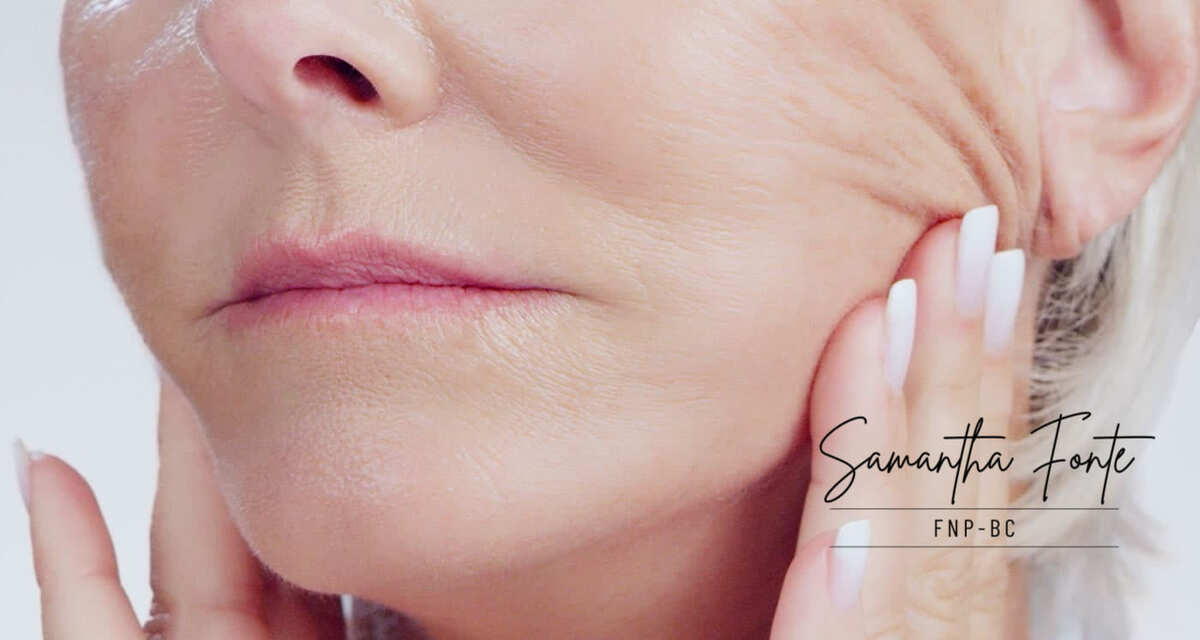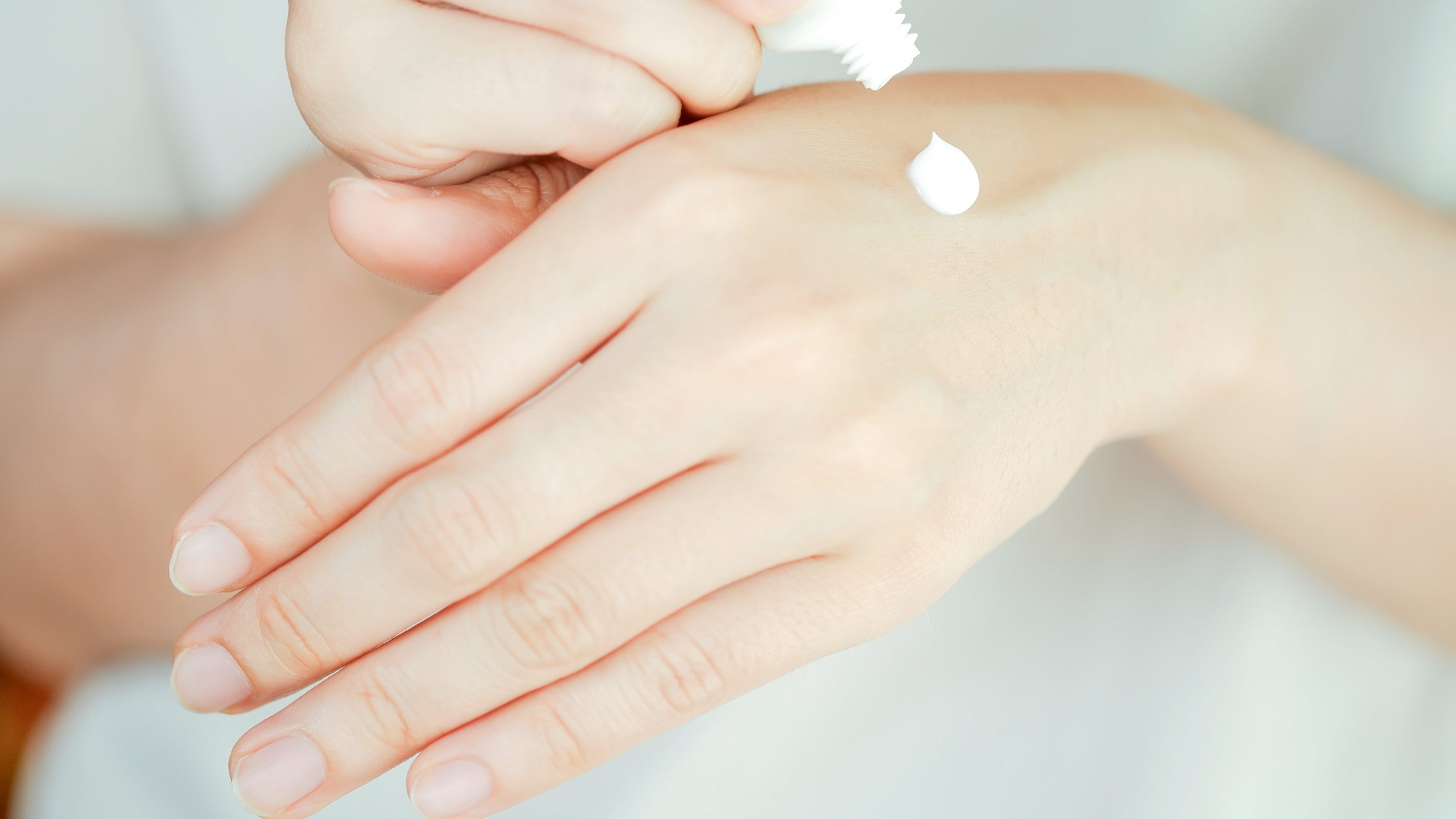Andropause vs Menopause: What's the Difference?
When discussing hormonal changes in middle age, menopause often takes center stage. However, men experience a similar phenomenon known as andropause. Understanding the differences between andropause and menopause is crucial for both men and women navigating this stage of life. In this blog, we'll explore what sets these two processes apart and highlight the unique challenges and experiences associated with each.
What is Menopause?
Menopause signifies the natural end of menstruation and fertility, marking the conclusion of the reproductive phase in a woman's life. It typically occurs between 45 and 55 but can happen earlier or later. Menopause occurs when menstruation stops, and the levels of estrogen and progesterone significantly drop. Hot flashes, night sweats, mood swings, and vaginal dryness characterize its symptoms.
What is Andropause?
Commonly known as male menopause, andropause describes the slow reduction of testosterone in aging men. Unlike menopause, andropause doesn't mark the cessation of fertility. Starting around age 30, testosterone levels often drop by about 1% each year.
Signs of andropause might encompass feelings of weariness, mood swings, a diminished sex drive, challenges in achieving an erection, and a decrease in muscle mass. These indicators can be slight and gradual, rendering the condition more difficult to identify.
Differences Between Andropause and Menopause
-
Age of Onset:
- Menopause: Usually occurs between the ages of 45 and 55.
- Andropause: Begins more gradually, starting around 30 and becoming more noticeable in the 50s or 60s.
-
Hormonal Changes:
- Menopause involves estrogen and progesterone levels rapidly declining, leading to the cessation of menstruation.
- Os Andropause: Characterized by a slow, steady decrease in testosterone levels without a clear endpoint like menopause.
-
Fertility:
- Menopause Marks the end of a woman's fertility.
- Andropause: Men can remain fertile well into their later years, even if they experience symptoms of andropause.
-
Symptoms:
- Menopause: Symptoms are often more pronounced and can include hot flashes, night sweats, and mood swings.
- Andropause: Symptoms tend to be subtler and can consist of fatigue, depression, and reduced libido.
Diagnosis and Treatment
Diagnosis:
- Menopause: Menopause is typically diagnosed based on symptoms and the cessation of menstruation for 12 consecutive months. Blood tests to measure hormone levels (FSH and estrogen) can confirm menopause.
- Andropause: Andropause can be more challenging to diagnose. Blood tests to measure testosterone levels are usually required. Doctors may also assess symptoms and conduct a physical exam to rule out other conditions.
Treatment:
Menopause:
- Hormone Replacement Therapy (HRT): Effective in alleviating symptoms like hot flashes and night sweats by replacing declining estrogen and progesterone.
- Lifestyle Changes: Regular exercise, a healthy diet, stress management, and maintaining a healthy weight effectively control symptoms.
- Medications: Doctors can prescribe non-hormonal medicines for specific symptoms like vaginal dryness or mood swings.
Andropause:
- Testosterone Replacement Therapy (TRT) Can help alleviate symptoms by restoring testosterone levels. Still, discussing potential risks and benefits with a healthcare provider is essential.
- Lifestyle Changes: Regular exercise, a balanced diet, adequate sleep, and stress reduction can improve overall well-being.
- Medications: Healthcare professionals may recommend treatments for specific symptoms like erectile dysfunction or depression.
Impact on Quality of Life
Treating andropause and menopause can significantly improve quality of life:
- Improved Mood: Hormone therapy can alleviate mood swings, depression, and anxiety.
- Increased Energy: Addressing hormonal imbalances can reduce fatigue and increase vitality.
- Enhanced Libido: Both HRT and TRT can improve sexual function and libido.
- Better Sleep: Reducing symptoms like night sweats and hot flashes can enhance sleep quality.
- Physical Health: Maintaining muscle mass, bone density, and overall physical health is crucial for both men and women as they age.
Conclusion
Understanding the differences between andropause and menopause can help individuals better navigate these natural stages of life. While both processes involve hormonal changes and can bring about various physical and emotional symptoms, they are distinct in their onset, hormonal shifts, and impact on fertility. By recognizing these differences, men and women can seek appropriate treatments and lifestyle adjustments to improve their quality of life during this transition.
Request an appointment here: https://mynuceria.com or call Nuceria Health at (305) 398-4370 for an appointment in our Miami office.
Check out what others are saying about our services on Yelp: Wellness Center in Miami, FL.







